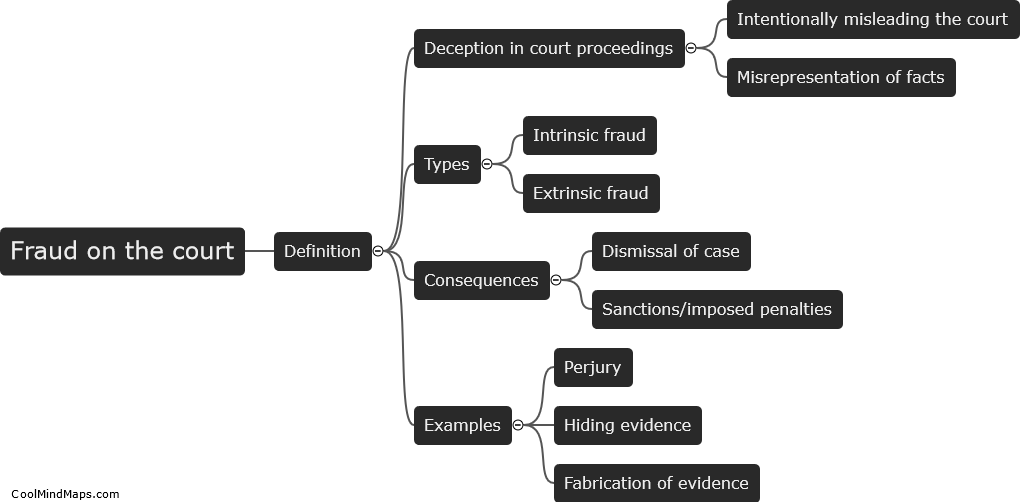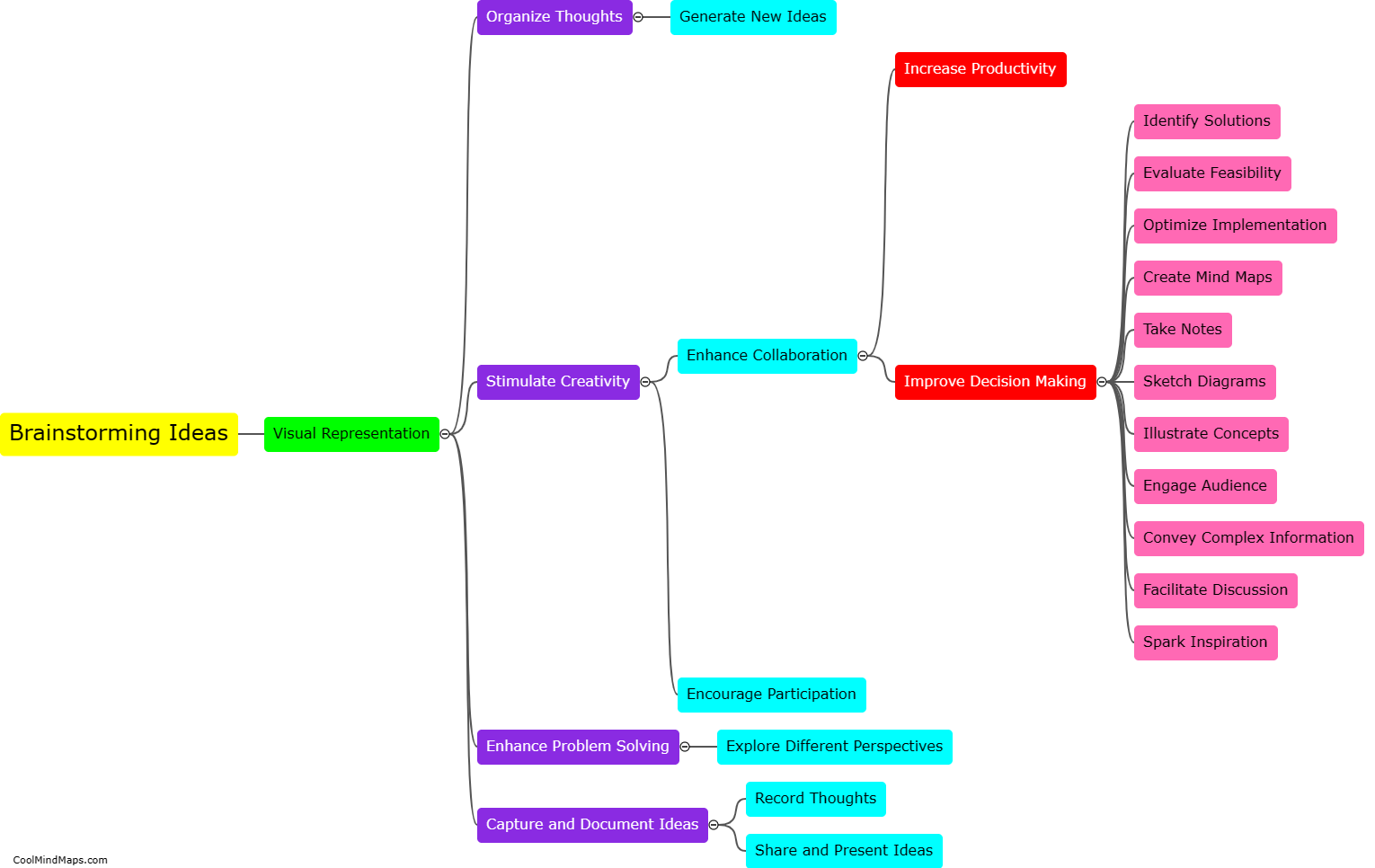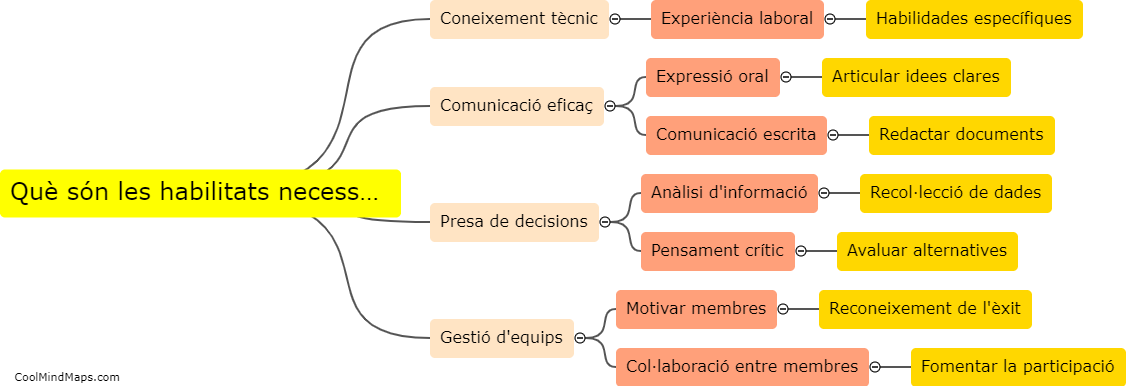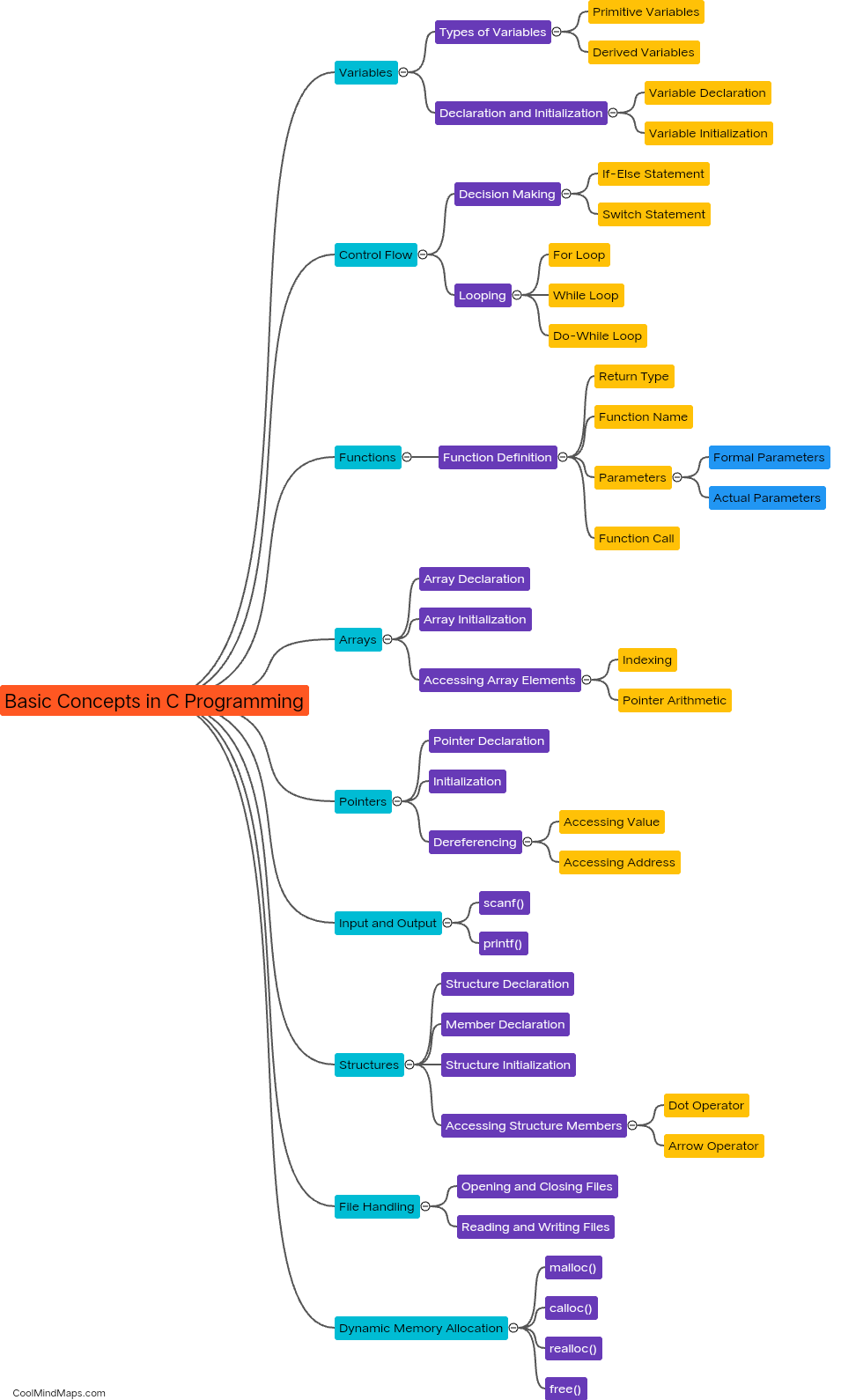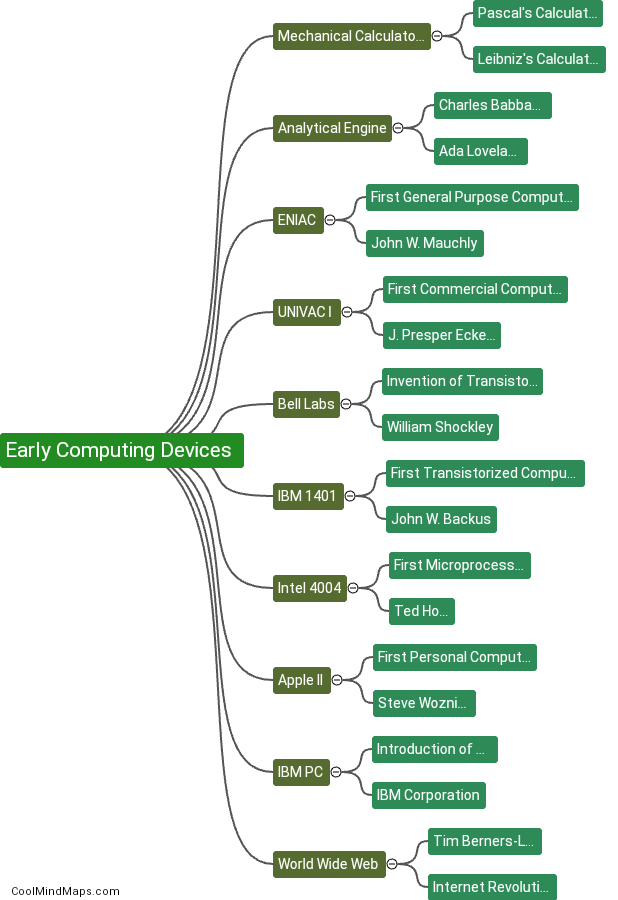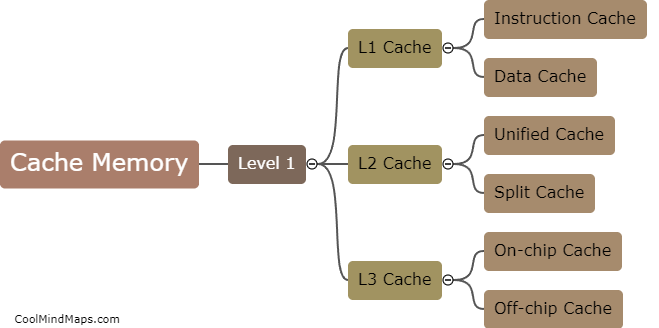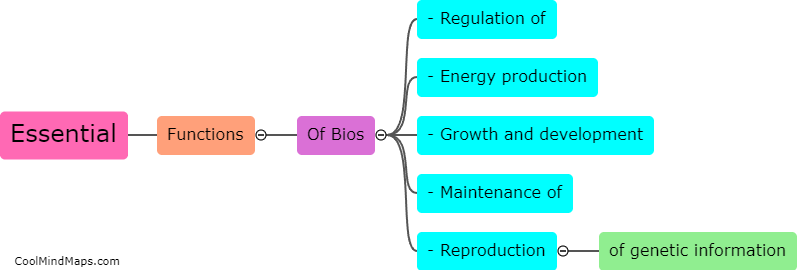What are the advantages and disadvantages of cache memory?
Cache memory is a crucial component of modern computer systems that offers several advantages. First, it significantly enhances the processing speed of a system by storing frequently accessed data closer to the CPU, reducing the time required to fetch data from the main memory. This results in faster execution of instructions and overall improved system performance. Additionally, cache memory helps to reduce the workload on the main memory, allowing it to handle larger amounts of data efficiently. However, there are also a few disadvantages of cache memory. The primary disadvantage is its limited capacity compared to the main memory. Due to its smaller size, cache memory can only store a fraction of the data that the main memory can hold, leading to a higher risk of cache misses. Cache coherence, which ensures that all copies of shared data are synchronized, can also be a challenge, especially in systems with multiple cores. Lastly, cache memory can be more expensive compared to main memory due to its faster and more advanced technology.

This mind map was published on 16 November 2023 and has been viewed 96 times.


